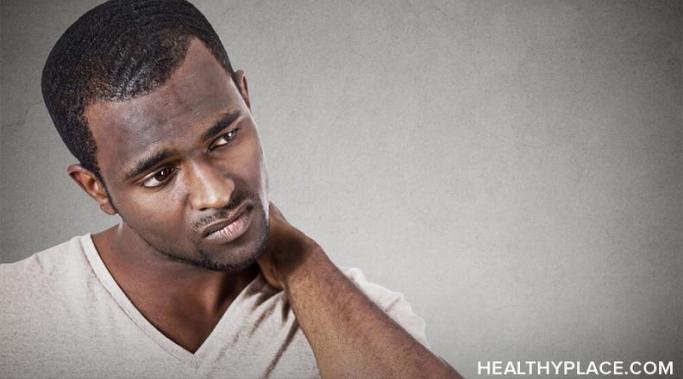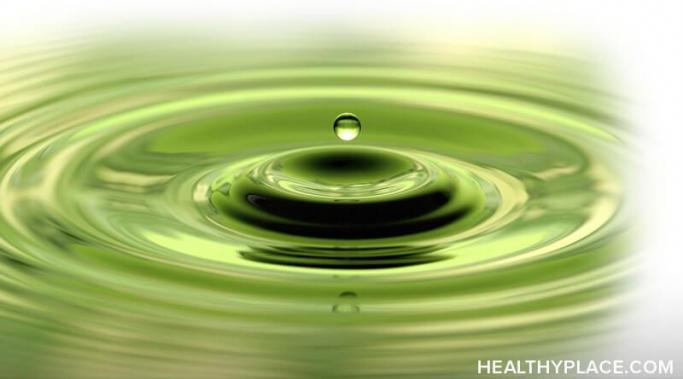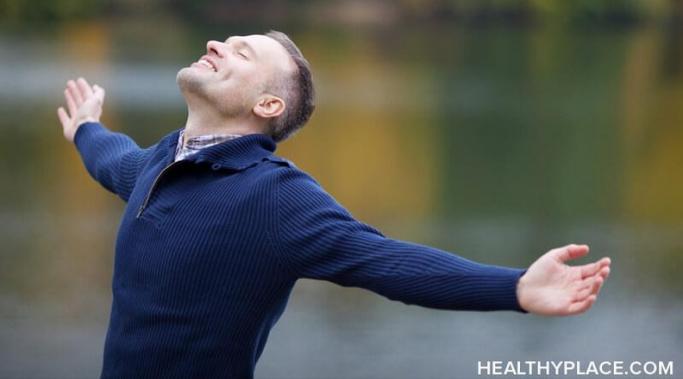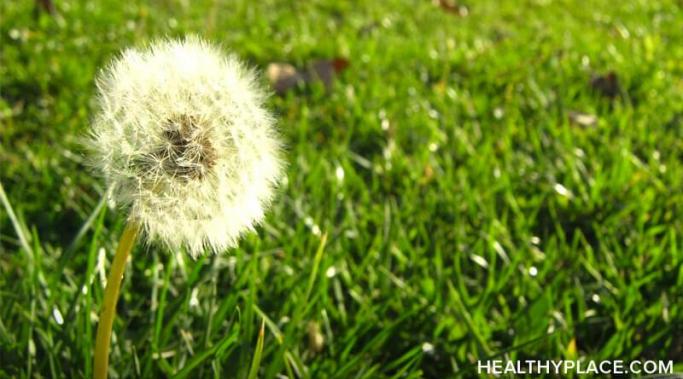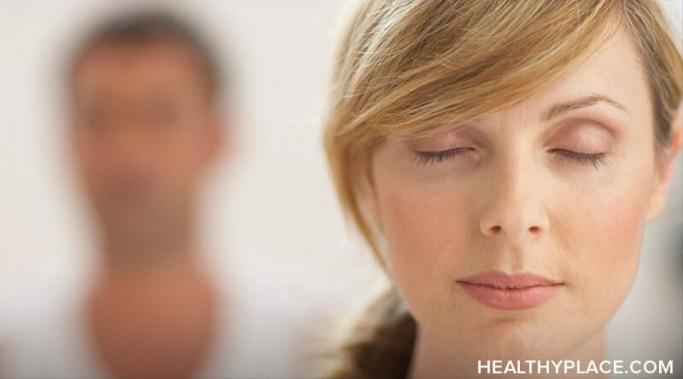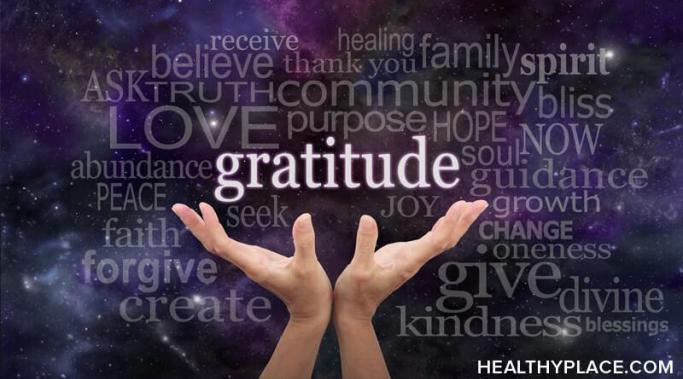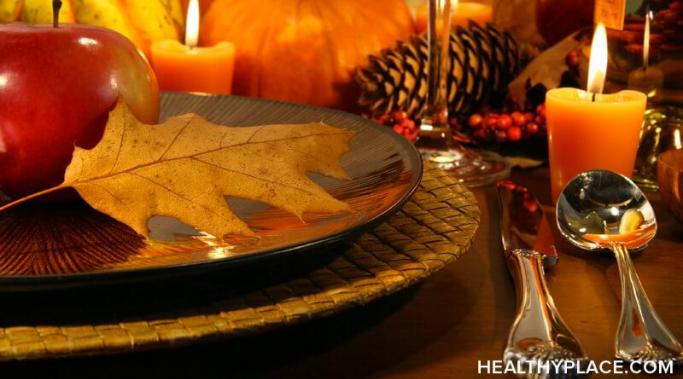The holidays had me thinking about food and anxiety more than usual. My family, like (I’m sure) most others, tends to make the same foods year after year, and honestly, it’s one of the things about the holidays I look the most forward to, and I’m guessing many of you feel the same way. I’m going to use that as a jumping-off point for this blog post because I think there’s something to be said about how food can help someone with their anxiety.
Anxiety-Schmanxiety
Anxiety and stress are similar in nature. They both are typically unwelcome invaders intruding on our lives, rudely disrupting our inner peace and calm. Because they are related, people often use the terms interchangeably. Technically, there is a slight difference between stress and anxiety. For each of us in our daily lives, though, does the difference really matter? Read on, and decide for yourself.
It can be extremely effective to deal with anxiety from the inside out even though anxiety is often caused--or exacerbated--by forces outside of us. That's because even if the cause of our anxiety is external, our reaction is internal and involves our entire mind (thoughts and feelings), brain (the physical organ and its structures and activities), and body (every part of our body is impacted by and can affect our anxiety). To help you reduce anxiety from deep within so you can calmly respond to stressors without, I offer you a mindfulness activity as well as information about why it works and when to do it.
If you ever see me in real life, I will almost always have a pair of headphones because they reduce my anxiety. If they’re not in my ears, they’ll be hanging around my neck just in case I need to put them in. I started this in high school after I got my first iPod, and I’ve continued it to the present day unceasingly. For me, it’s the best way I can control my anxiety. I want to talk about why that is the case.
If you'd like to beat anxiety, I offer you a hearty welcome to the club. As a long-term member and someone who has been able to overcome the grip that anxiety used to have on me, I have food for thought: Shift your focus away from beating anxiety. Notice that I didn't say I've overcome anxiety but, instead, the grip it had on me. Anxiety is part of the human experience, and it does have a place in our lives. It does not, however, deserve to be the center of our thoughts, feelings, and actions. To break free from the grip anxiety has on you, think less about anxiety, and focus on what you need instead.
Everyone with anxiety certainly has some things they have or do to keep their anxiety under control. Inevitably, some of them will strike outsiders as odd or different, but if they help, I say more power to them.
When anxiety strikes and skyrockets, chances are you'd enjoy an anxiety hack for instant relief from your symptoms. While, unfortunately, there is no quick fix for anxiety that will make it magically disappear from your life forever, there are things you can do to immediately help soothe your mind, brain, and body. When you catch yourself caught in high anxiety, try one or more of these 12 anxiety hacks to reset and center yourself so you can deal with the stressors you're facing.
I’ve always been one who enjoys traveling. However, as much as I like to travel, there is one part of the process that I’ve always been uncomfortable with: actually traveling. Traveling makes me anxious; more specifically, flying to my destination makes me anxious. I’ve been aware of this travel anxiety for as long as I began to fly regularly, but it’s only recently that I started to examine my feelings and determine why exactly traveling makes me so uncomfortable. Hopefully, this will resonate with others.
Can gratitude really help anxiety? Surprisingly, it can. Gratitude is a concept involving appreciation and a sense of thankfulness for what is good in our lives. Anxiety is an experience involving a great deal of unwelcome thoughts, emotions, physical sensations, and behaviors. Anxiety can be all-encompassing, rob us of a sense of wellbeing, centeredness, and joy, or even keep us locked out of the life we'd like to live. Here's a look at what gratitude is and how it helps anxiety by shifting thoughts and feelings away from anxiety and replacing them with appreciation and action.
The holiday season is here, and for many, the dreaded holiday anxiety comes with it. The ostensibly festive and happy season can cause significant stress and anxiety. However, you can create a positive, meaningful holiday despite the very legitimate worries and challenges you may experience (especially this year--holidays 2020-style). The following five tips can help you have a peaceful, positive holiday season with less anxiety.

